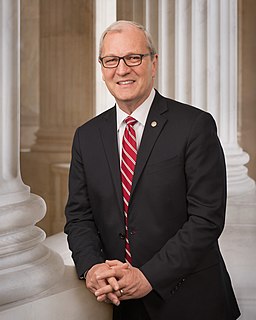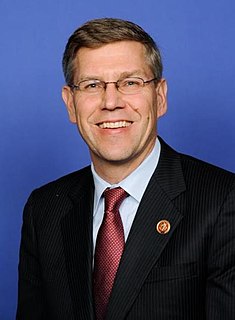A Quote by Luc Montagnier
Another interesting field, which is my own, is cofactors, not only to the disease but also to transmission. I am still puzzled by the fact that you get more sexual transmission in some ethnic populations. One way to answer this is to look for genetic factors.
Related Quotes
If you think of the way a composer or say a pop arranger works - he has an idea and he writes it down, so there's one transmission loss. Then he gives the score to a group of musicians who interpret that, so there's another transmission loss. So he's involved with three information losses. Whereas what I nearly always do is work directly to the sound if it doesn't sound right. So there's a continuous loop going on.
And the stigma hasn't really changed that much in 31 years. You are still getting people - it's a shame-based disease. It's based on sexual transmission. And it's still shame-based. And until people feel strong enough and feel loved enough to actually open up and say, listen, I'm HIV-positive, then we are facing an uphill battle.
Superficially it's a problem if homosexuality is genetic - if the difference between people's sexual preferences is genetic - because at least a pure homosexual would be unlikely to reproduce and therefore pass on the genes. So the first question you ask is, is it actually genetic, and the answer is probably to some extent yes.
One of the messages I presented to the coal industry was, "If you want to have major transmission built, start encouraging wind development." That's because the cultural value and acceptance of wind energy provides an opportunity to build transmission lines that are not as desirable with traditional forms of generation.
The fact would seem to be, if in my situation one may speak of facts, not only that I shall have to speak of things of which I cannot speak, but also, which is even more interesting, but also that I, which is if possible even more interesting, that I shall have to, I forget, no matter. And at the same time I am obliged to speak. I shall never be silent. Never.


































